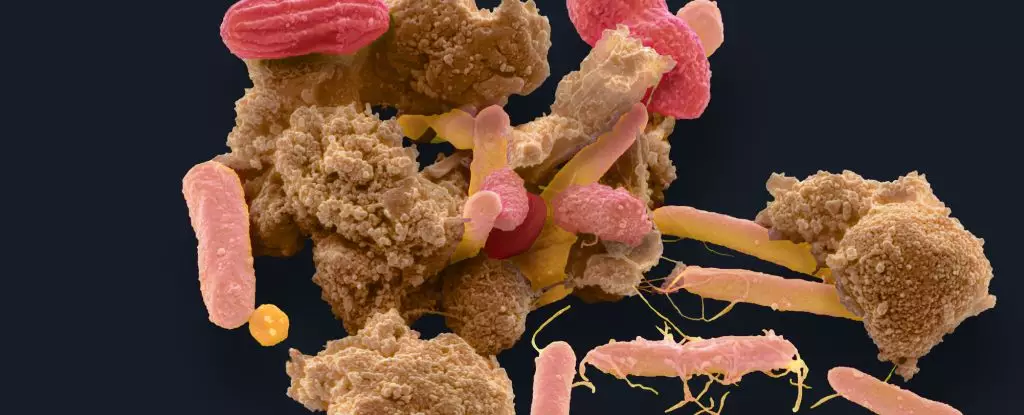In a world obsessed with instant cures and miracle solutions, the revelation of our gut microbiome’s importance is both a joy and a challenge. This intricate ecosystem of microbes, aptly termed eubiosis, plays a pivotal role in maintaining our health. When the balance tips, often due to antibiotics or poor dietary choices, we plunge into a concerning realm of health issues—from mild discomforts to severe autoimmune diseases. The medical community, in its relentless pursuit of remedies, has turned to faecal microbiota transplantation (FMT) as an innovative solution. However, the most recent revelations suggest that this option may not be as straightforward as it seems.
The “Magic” of Faecal Transplants
Faecal transplants, often humorously dubbed “crapsules,” have gained traction as a chic solution for gut health woes. This involves transferring stool from a healthy individual to another with the hope of restoring microbial balance. Whether it’s through capsules or direct transplant, the contention lies in the belief that these beneficial microbes will flourish in their new environment, correcting a plethora of ailments, from irritable bowel syndrome to neurological disorders like Parkinson’s disease.
However, does any process involving human waste deserve the crown of magic? Many are eagerly consuming these pills, believing them to be the ultimate elixir for a myriad of chronic conditions. Let’s not underestimate the power of marketing in this domain. When pills are marketed as life-changing and risky alternatives are sold as last resorts, it begs the question: are we bypassing critical scrutiny for the allure of convenience?
The Mismatch Dilemma
Recent research published in the journal Cell has unveiled startling findings that challenge the safety blanket we’ve wrapped around FMT procedures. The study highlights that when donor microbes clash with the recipient’s gut ecosystem—a condition termed “mismatch”—the outcome can significantly impair one’s metabolic and immune response. The image here is similar to an organ transplant rejection, albeit more insidious. Participants unknowingly immerse themselves into a potential haphazard situation where the microbes that take residence may not harmonize with their gut’s distinct environment.
Most disconcertingly, researchers witnessed not just slight disruptions but rather systemic changes in the expression of critical genes tied to metabolic and immune functions. The implications of such shifts are yet to be fully understood, but one cannot help but feel a sense of dread at the prospect of unintended consequences lurking in the depths of this therapeutic approach.
A Better Path: The Omni Microbial Approach
Amidst this developing controversy, a glimmer of hope emerges with the introduction of the “omni microbial approach.” Unlike traditional FMT, this new method aims to provide a comprehensive microbial transfer from across the entire intestinal tract, rather than focusing solely on the colon. This multifaceted strategy envisions a more rounded restoration of gut ecology, reducing mismatches and enhancing overall microbe harmony.
In an era where precision medicine is gaining traction, shouldn’t our methodologies for gut health follow suit? The nuances of individual microbiomes warrant true personalization rather than a one-size-fits-all pill. The push for tailored approaches—those that operate on the principle of meticulously cultivating specific gut regions—could well represent the future of gastrointestinal health.
The Ethical Tension in Medical Innovation
As with all medical advancements, an ethical tension arises. The fascination with faecal transplants and the urgency to address gut health issues must not overshadow rigorous scientific scrutiny. The delve into subjects that affect the very core of our health carries profound responsibilities. Stakeholders within the medical community, researchers, and patients alike must remain vigilant against the allure of a quick fix while nurturing critical discourse around safety.
We find ourselves at a crossroads: the enchanting world of gut microbiology teems with potential and peril. While the pursuit of gut health solutions is undoubtedly crucial, we must confront and rigorously evaluate the safety, efficacy, and the consequences of what lies ahead. For too long, health innovations have gleefully rushed forward without due diligence. Let’s hope that, as we navigate these microbial waters, we strive not only for improvement but also for a deep understanding of the delicate balance that sustains our well-being.

Leave a Reply